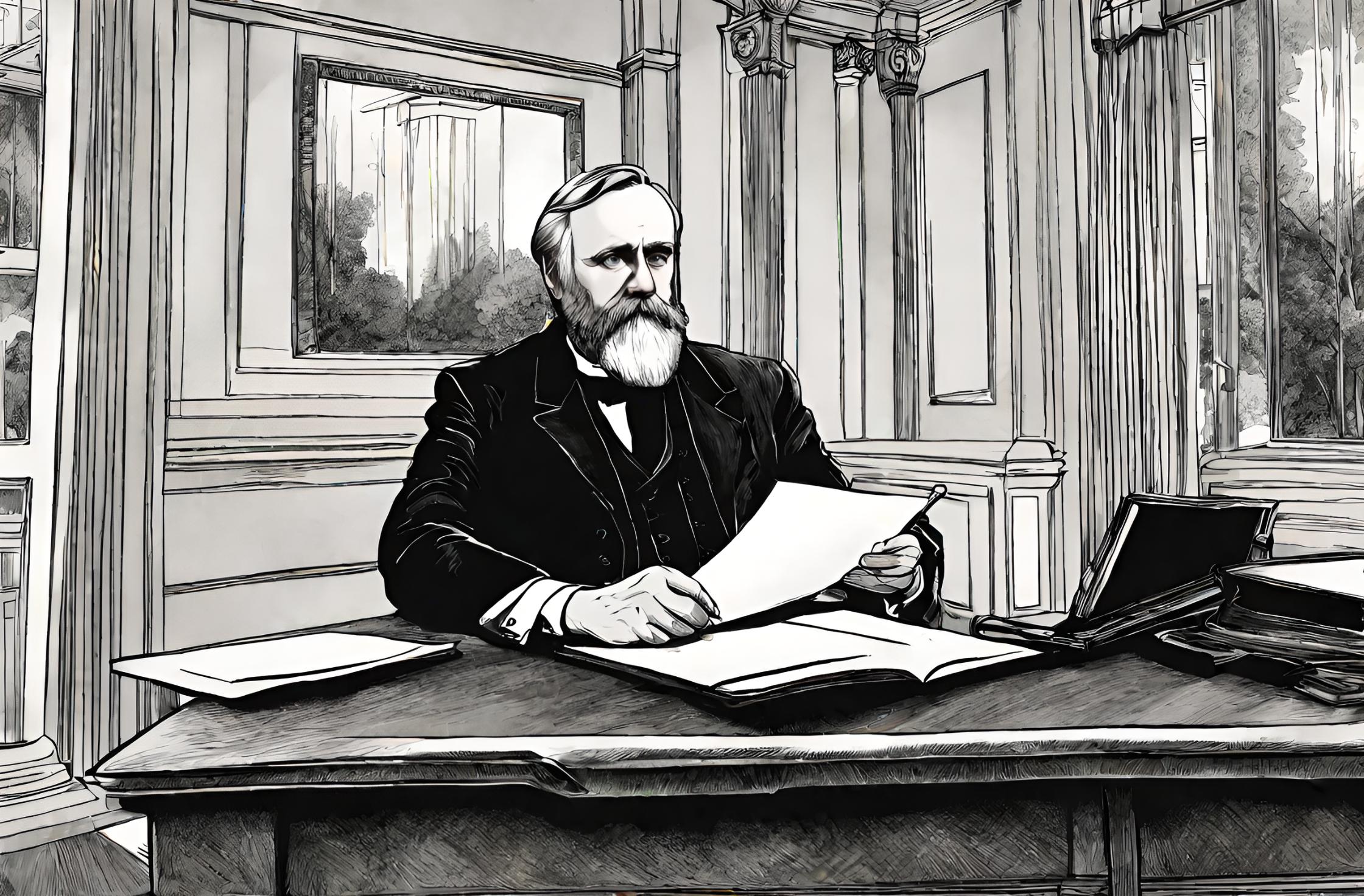Flashback to March 4
American History

On August 2, 1965, Morley Safer, a trailblazer in broadcast journalism, sent his first Vietnam report, suggesting the United States was not positioned to win the war. His narratives provided a stark counterpoint to the government’s official story, played out across American living rooms, irrevocably altering public opinion about the conflict in Vietnam.
Safer’s reports were a seismic shift in war coverage, displaying an unvarnished reality of the war that starkly contrasted with the administration’s optimistic assertions about American progress. His Vietnam reports often highlighted the physical and psychological toll on American soldiers, the sufferings of the Vietnamese people, and the apparent little progress in offers of peace. It was a defining moment in American journalism, a moment when the potent force of broadcast could shape public perception indelibly.
Before the advent of Safer’s reporting, the Vietnam War was largely considered a necessary fight against Communism, supported by the American government’s official narrative. While reports of the war were circulating, little contradicted the assurances of victory by the US administration. Nonetheless, Morley Safer’s groundbreaking reporting began to turn the tides of perception.
His relentless pursuit of truth and often uncomfortable realities were masqueraded around the nation through the cathode ray tube, infusing the living rooms with a perspective of the far-flung war that no American had envisaged. This shift contributed to an increased skepticism about the government’s management of the war, leading to a seismic shift in public opinion.
Morley Safer’s reporting was instrumental in shaping the broadcast journalism landscape. He employed several on-the-ground tactics to seek authenticity in his reports, including traveling frequently to the front lines and interviewing soldiers and civilians. This man-on-the-street style of reporting solidified Safer’s credibility and set a new standard for war coverage.
However, Safer’s reporting did not go without facing a backlash. His unusually close depiction of the war struck a nerve with the administration, igniting a tense relationship between the press and the government. Despite the criticism and pushback, Safer never wavered from his commitment to unearth the untold stories of the Vietnam War.
In his first coverage, the brutal honesty of Morley Safer emerged as he openly questioned the effectiveness of the US military’s tactics and strategies. This unveiled a gruesomely realistic picture to the American public, sharply contrasting the sunshine stories that the administration had been feeding.
From describing the horrors of war, the true costs, and the immense human suffering, Safer’s reporting was an unpleasant awakening for the American public. This authenticity in reporting and focus on human-centric stories was unheard of before Safer’s era.
Morley Safer’s impact on American journalism isn’t limited to his Vietnam War coverage. His pioneering approach to storytelling has inspired generations of journalists to push boundaries and pursue truth over comfort. Despite facing criticism and severe backlash, Safer’s unflinching dedication to objective reporting marked a new era in journalism.
Safer’s first Vietnam report on August 2, 1965, symbolizes a pivotal shift in how wars were covered and perceived. His in-depth, critical analysis of the situation gave the public an alternative viewpoint to the official narrative. This innovative approach to war reporting marked a significant shift in public opinion about the Vietnam War and established Safer as a pioneering figure in broadcast journalism. With this, Morley Safer forever changed the way wars are broadcasted to the world and triggered a shift in the balance of power between the government and media.
We strive for accuracy. If you see something that doesn't look right, click here to contact us!
Sponsored Content

Inauguration of Rutherford Hayes…
The Inauguration of Rutherford…

Authorities announce the capture…
On March 4, 1993,…

The United States Department…
On March 4, 1913,…

Space Shuttle program: STS-36…
The Space Shuttle program's…

City Command kidnaps four…
On 3/4/1971, four US…

